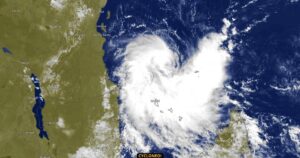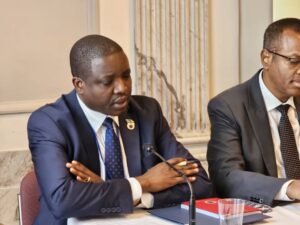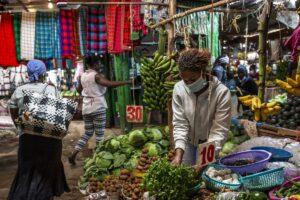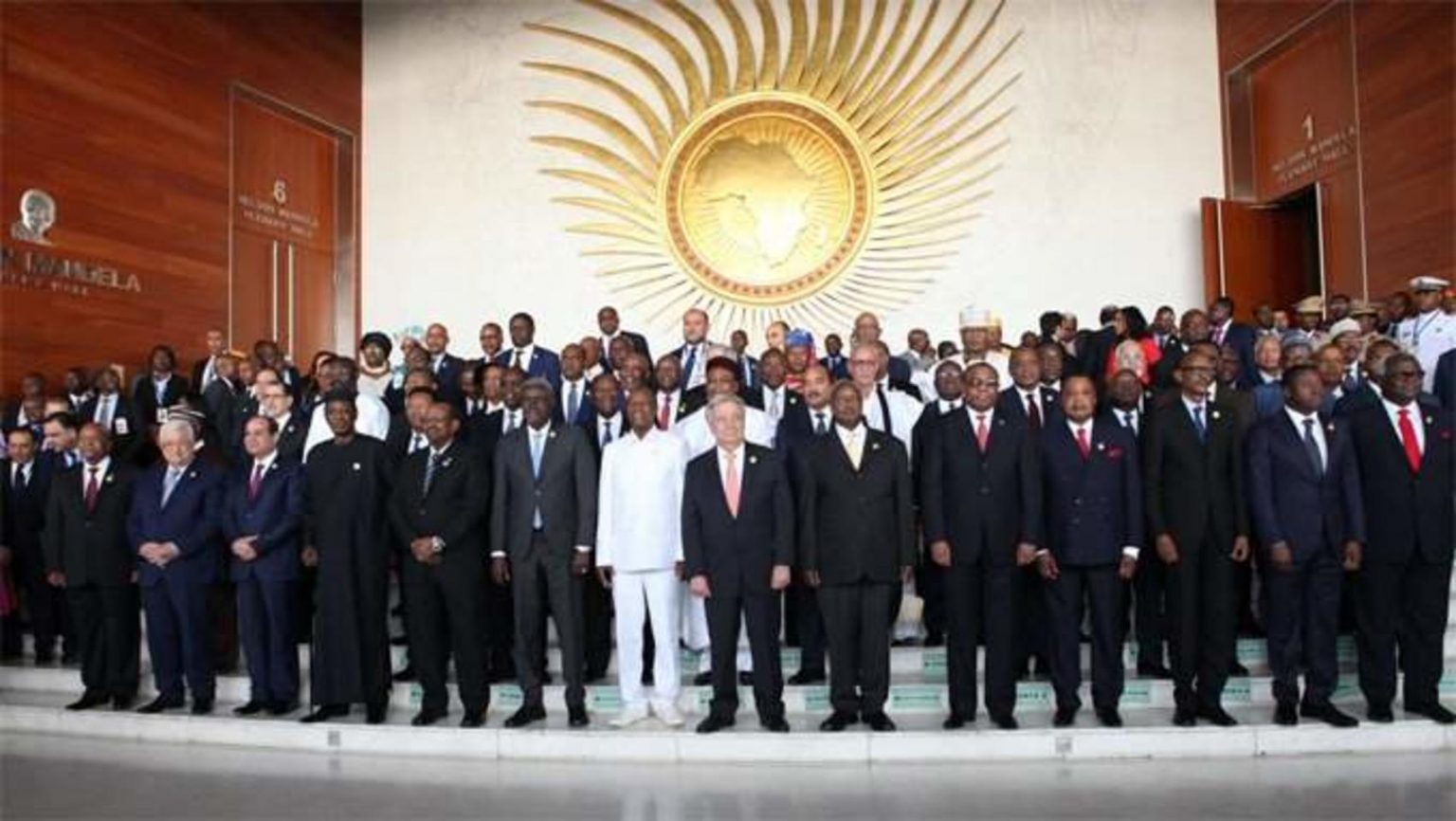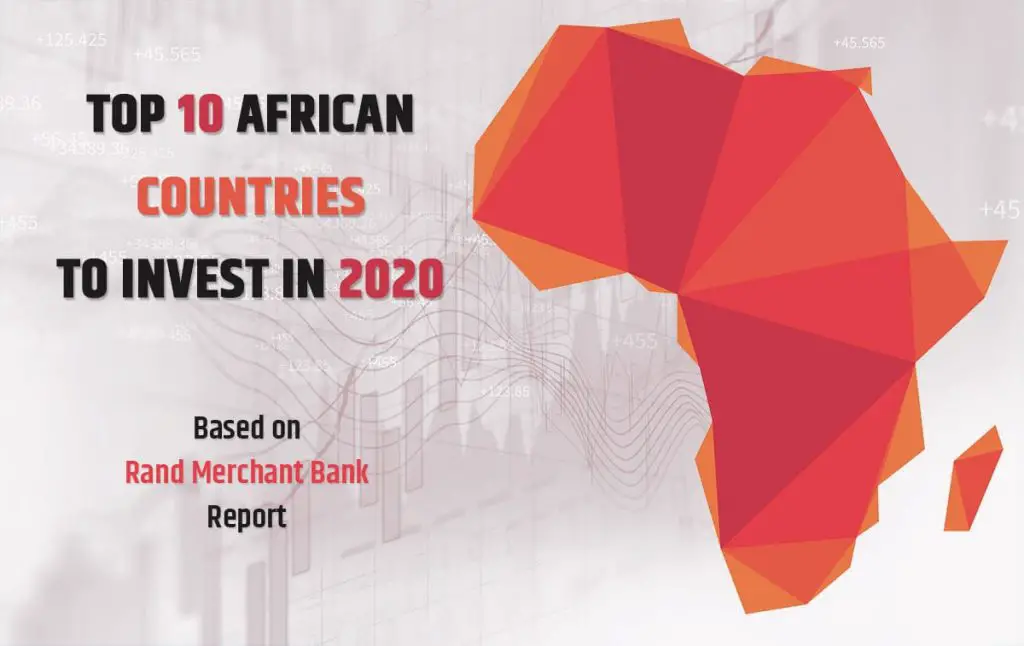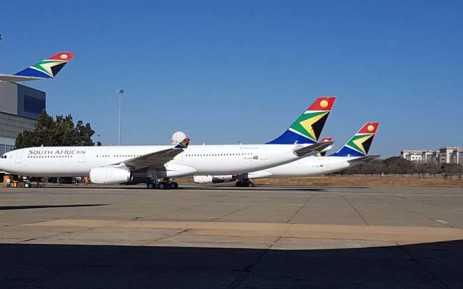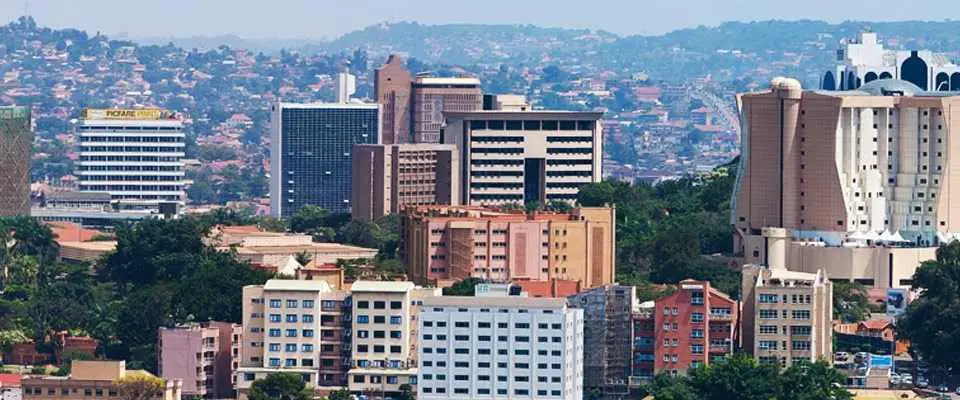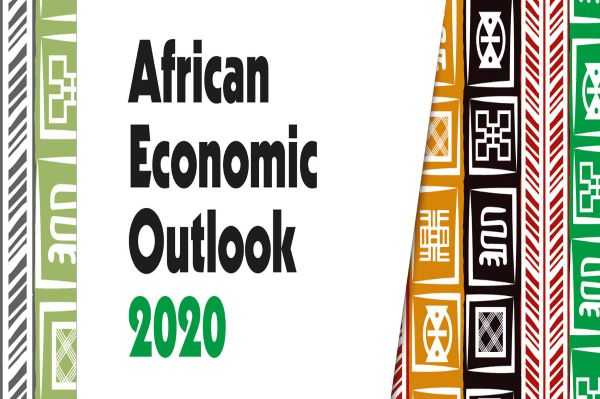- Kenya, Tanzania braces for torrential floods as Cyclone Hidaya approaches
- EAC monetary affairs committee to discuss single currency progress in Juba talks
- Transport and food prices drive down Kenya’s inflation to 5% in April
- Payment for ransomware attacks increase by 500 per cent in one year
- History beckons as push for Kenya’s President Ruto to address US Congress gathers pace
- IMF’s Sub-Saharan Africa economic forecast shows 1.2 percent GDP growth
- The US Congress proposes extending Agoa to 2041, covering all African countries
- Millions at risk of famine as fuel tax row halts UN aid operations in South Sudan
Author: Caroline Muriuki
Egypt’s annual urban consumer inflation rose to 7.2 per cent in January from 7.1 per cent in December, the Central Agency for Public Mobilisation and Statistics (CAPMAS) said.
From December, it announced that month on month urban headline inflation stood at 0.7 per cent adding that Inflation remains within Egypt’s Central Bank of a target range of 9 per cent, plus or minus 3 percentage points.
The CBE announced that Egypt’s core inflation increased to 2.7% in January from 2.4% in December. Consumer prices decreased to 0.2% in December after decreasing to 0.3% in November.
Also Read: Ethiopia, Egypt, and Sudan set for Blue Nile dam agreement this January
Since August in December 2019, Egypt’s annual consumer price inflation rate recorded its highest rate rising to 7.1 per cent from 3.6 per cent in November.
According to Trading Economics data, prices rebounded for food & non-alcoholic beverages decreased to 1.8 …
The Middle East and Comesa have become the leading export markets for Ugandan goods, according to the Bank of Uganda(BoU) report for the year ended December 2019.
The two markets and others in East Africa, Europe and America saw a 10.1 increase in Uganda’s exports for the period under review.
During the period, the Comesa, Middle East and (Common Market for East and Southern Africa) each fetched earnings of $1.2 billion.
According to some experts, the increasing exports to the Middle East is mainly due to the growing gold exports, specifically to the United Arab Emirates.
Also Read: Uganda growth could lower and oil investment delays are part of it, IMF says
The report also added that the Middle East also received a good share of Uganda’s fruits, coffee and vegetable exports in the same period under review.
The report further indicates that Uganda’s exports receipts from Comesa mainly came …
The African Economic Outlook 2020 report prepared by the African Development Bank was praised at the 33rd African Union Summit in Addis Ababa for being an effective blueprint for addressing Africa’s human capacity gap.
The 2020 report, under the theme Developing Africa’s workforce of the future, was presented at a side event attended by civil society, policymakers, global and regional development organizations, the media and academia.
“The facts mentioned in the second part of this report are striking. It reminds us of the size of the investment that must be made in the development of human capital in Africa, an essential component for achieving productive transformation,” said Victor Harison, the African Union Commissioner for Economic Affairs.
Also Read: African Economic Outlook indicates steady growth through 2021
The African Economic Outlook has become the blueprint for planning and for sound economic research about Africa said the Secretary-General of the African Development …
South Africa has fallen to third place due to its constrained economic growth according to RMB’s “2020 Where to Invest in Africa” report.
But the country still holds its place as Africa’s bastion of a well-developed financial and capital market.
The report said the JSE remained Africa’s most liquid stock exchange with an excess of $1.4 billion traded daily. Which is much higher than Egypt’s Cairo Stock Exchange which trades $44 million a day.
According to RMB report, South Africa also ranked highly on other financial market depth measures such as private credit as a percentage of gross domestic product (GDP), showing that consumers have access to a wider range of financial instruments compared to other African countries.
The report showed, however, South Africa’s ease of doing business ranking in the last few years has slipped but it remains one of the top ten easiest operating environments in Africa.
Also
…The South African Airways (SAA) will stop all its flights to Entebbe International Airport effective end of this month. February flight schedule for remains unchanged though.
The move is part of the airline restructuring plan intended to support its transformation into a profitable and sustainable business.
“On 29th February, SAA will close the following regional and international services from Johannesburg to Abidjan via Accra, Entebbe, Guangzhou, Hong Kong, Luanda, Munich, Ndola, and Sao Paulo,” the joint Business Rescue Practitioners (BRPs) of SAA announced yesterday in a press statement published on the company website.
Despite the airline ceasing some flights, it has retained some regional services including flights from Johannesburg to Blantyre, Dar es Salaam, Lusaka, Lagos, Harare, Kinshasa, Lilongwe, Maputo, Nairobi, Mauritius, Victoria Falls, Livingston and Windhoek.
“The initiatives we are taking now will strengthen SAA’s business. We believe that this should provide reassurance to our loyal customers that SAA …
Qatar Airways is in talks to buy a 49 per cent stake in RwandAir, its chief executive said.
Qatar Airways is also interested in doubling its holding in LATAM Airlines Group to 20 per cent with an objective of having equal stake with Delta Air Lines in LATAM.
Although no details have yet been revealed, like the amount of money Qatar airways is spending on the stake, the purchase will mean the government of Rwanda will remain with a controlling stake of 51 per cent in the airline.
Industry analysts say for both airlines the deal is a win-win situation and that owning shares in a growing African airline like RwandAir will act as a springboard for Qatar Airways into the African aviation market.
Also Read: RwandAir face competition from Kenya’s budget carrier
Qatar Airways acquiring a stake in RwandAir would widen its reach and potentially help the Airways bypass …
Audit firms in Uganda are still producing poor audit reports that are tarnishing the image of local audit firms, a survey by the Institute Certified of Public Accountants of Uganda (ICPAU) on the quality of audit firms has shown.
To reverse the poor auditing situation, the ICPAU –which is the steering committee on audit, says the audit firms must put in measures that will enable them to conduct proper auditing and produce quality reports.
Presenting the committee’s survey results during the accountants’ Practitioners’ Forum the managing Partner of Jim Roberts & Associate, Mr Julius Tumuhimbise said the Institute’s Audit Quality Review team had made several revelations within the ongoing fourth audit quality review cycle during which a total of 181 audit firms were surveyed.
“We found out there is lack of partner input; limited appreciation of technical and documentation requirements; failure to devote sufficient time and attention to planning the …
Provide young people with new skills that will meet the needs of a 21st-century labour market, African Development Bank report urges.
African Development Bank President Akinwumi Adesina said the youth must be prepared for the jobs of the future not the jobs of the past.
“Given the fast pace of change, driven by the 4th industrial revolution – from artificial intelligence to robotics, machine learning, quantum computing – Africa must invest more in re-directing and re-skilling its labour force, and especially the youth, to effectively participate,” the Bank president said.
Also Read: Ride the wave of the African Continental Free Trade Area, urges Adesina
According to the African Economic Outlook report, two-thirds of Africa’s youth are either overeducated or undereducated.
Youth unemployment is rising annually with 12 million graduates entering the labour market each year and only 3 million of them getting jobs therefore, youth unemployment must be given top …
President Nana Addo Dankwa Akufo-Addo yesterday gave a go-ahead for the construction of two solar power plants in Kaleo and Lawra, under the 17MW peak solar power project.
According to Ghana’s president, the project confirms the commitment of his government to diversify Ghana’s energy generation portfolio and in the long run, help increase the renewable energy component of the energy mix and contribute to the fight against the effects of climate change.
The €22.8 million 17MW solar power project is being funded by the German Government’s Development Bank, KfW. There is still ongoing construction of the Pwalugu Multipurpose Dam and Irrigation Project.
He said that the project will see to the construction of a 4MW peak project in Lawra and a 13MW peak project in Kaleo.
Also Read: Burkina Faso benefits from $53 million AfDB funding for solar energy
“This will help Ghana avoid an estimated 7,400 tons of carbon …
Africa’s economic growth remained stable in 2019 at 3.4% and is on course to pick up to 3.9% in 2020, and 4.1% in 2021 as revealed in the African Development Bank’s 2020 African Economic Outlook.
The bank said that the slower than expected growth is partly due to the moderate expansion Africa’s Big five such as Algeria, Morocco, Egypt, Nigeria and South Africa – whose joint growth rate compared with the average of 4.0% for the rest of the continent was at an average rate of 3.1%.
In 2019, investment expenditure for the first time in a decade accounted for over 50% of GDP growth compared to consumption.
The bank noted that the shift can aid in sustaining and potentially speeding the future growth in Africa, increase current and future productive base in Africa while improving the productivity of the workforce.
